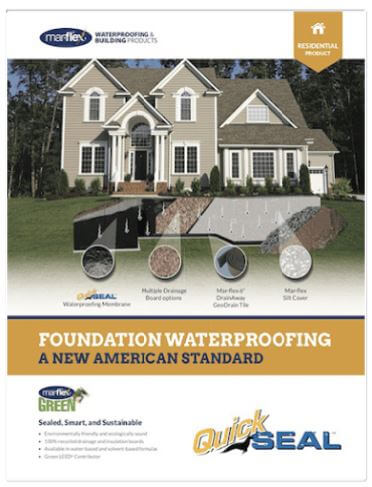As a landlord or a renter, you need to know the laws around mold in rental properties. Having this information can help keep you safe and legally protected.
Most states do not have laws about mold and mold control specifically. However, laws around maintaining a safe and healthy habitat can apply to certain types of mold. Mold, in addition to causing an allergic reactions in many people, can also be hazardous to people’s health whether or not they have an allergy.
You can learn more here about mold and mold-related concerns.
In general, the law obligates a landlord to keep a safe and healthy premise for a renter. This does not mean that the landlord is responsible for cleaning up a renter’s mess while the renter still occupies the property. This means that mold created by activities of the renter are not necessarily the landlord’s responsibility.
The renter’s responsibility: If a renter fails to do routine cleaning, such as cleaning tub and tile in a bathroom, or drying up spills from regular washroom or kitchen activities, the landlord is not obligated to address those problems for the renter. It is the occupant’s responsibility for routine cleaning.
The renter must also report mold or concerns promptly in order to trigger the landlord’s responsibility. For instance, if a leaky roof creates a moldy spot in a bedroom ceiling, a renter should not wait to report it. Claiming that a spot has been present for months in a space where the landlord is unlikely to see it does not obligate the landlord.
The landlord’s responsibility: A landlord must respond promptly to a renter’s concerns about leaking water or mold spots on ceilings or walls. Leaks from pipes or exterior water are not the renter’s responsibility. These types of concerns must be addressed the same day that that they are brought up, or as soon as reasonably possible.
The landlord should also do a visual check of the property periodically. This can happen on a pre-scheduled date, or it can happen organically when they are called into a space to work on a reported problem. For instance, if the landlord must repair the washing machine, that’s a great time to do a visual inspection of the washroom and other adjacent spaces, and bring concerns to the renter’s attention.
This searchable database can help you learn more about the laws in your state. Protect yourself by knowing and following these legal guidelines.
